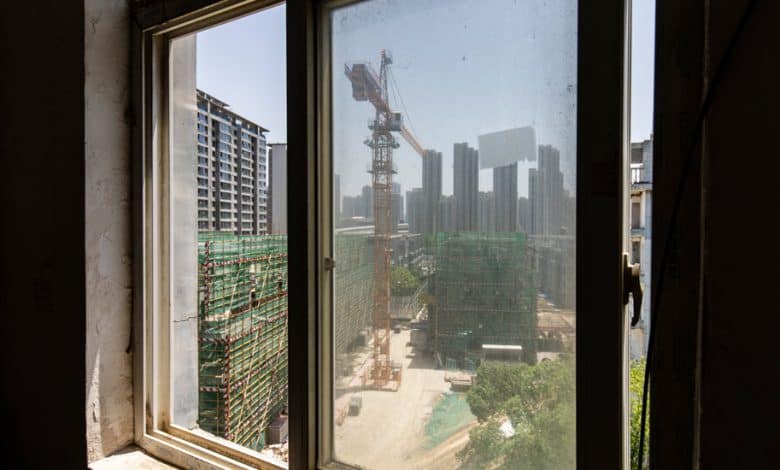Guess Who’s Angry at China’s Real Estate Bailout: Homeowners

For much of the past decade, China’s efforts to curb speculation on real estate grew broader and more extensive.
Shanghai declared that anyone who got a divorce would be subject to restrictions on apartment buying for three years, to counter couples who were splitting up just so they could buy second homes as investments. In Chengdu, in western China, only local residents who paid social welfare taxes and drew a winning ticket in a lottery could buy a new place. In the city of Tangshan, in the country’s northeast, anyone buying a home had to hold the property for at least three and a half years.
Those restrictions, along with limitations in other regions, have been lifted as China tries to revive a severe property downturn. Since last year, more than 25 Chinese cities have eliminated all restrictions on real estate purchases, as many local governments scrapped rules that prevented developers from cutting prices.
Last month, the central government went further. It lowered down-payment requirements and relaxed mortgage rules, and urged local governments to buy unsold homes and convert them into public housing.
But some of China’s efforts to stimulate home buying have upset one of the country’s most vocal constituencies: existing homeowners.
Many Chinese homeowners, who pinched and saved to buy apartments that serve as a main household investment, are now worried that the relaxing of restrictions will depress prices for their properties. The new policies have given rise to a dose of NIMBY-ism, short for “not in my backyard,” in a country ruled by the Communist Party.
